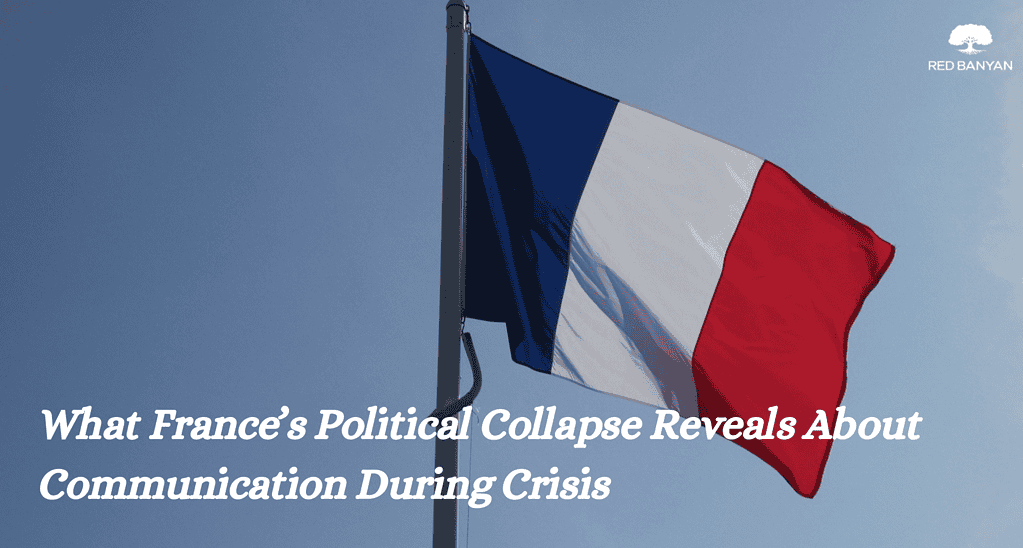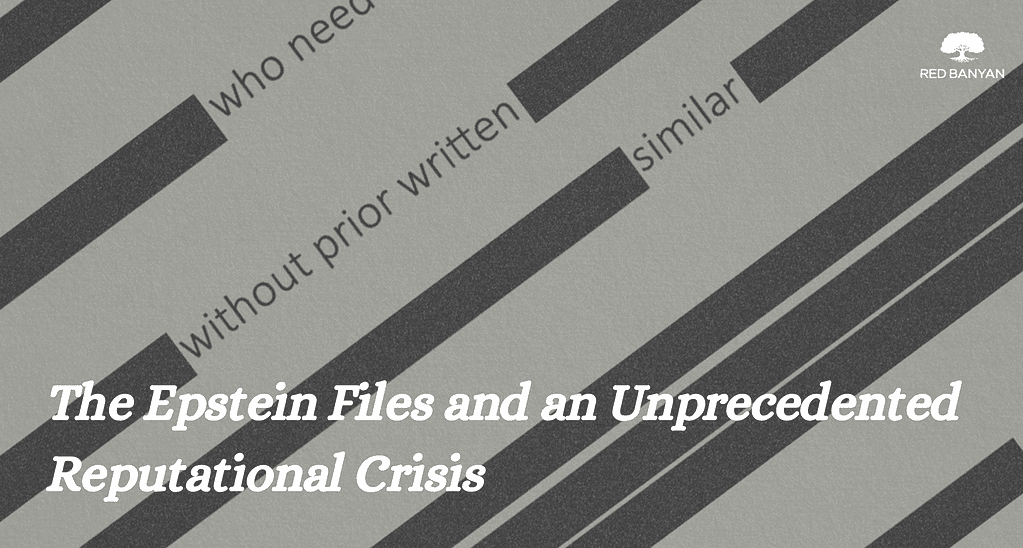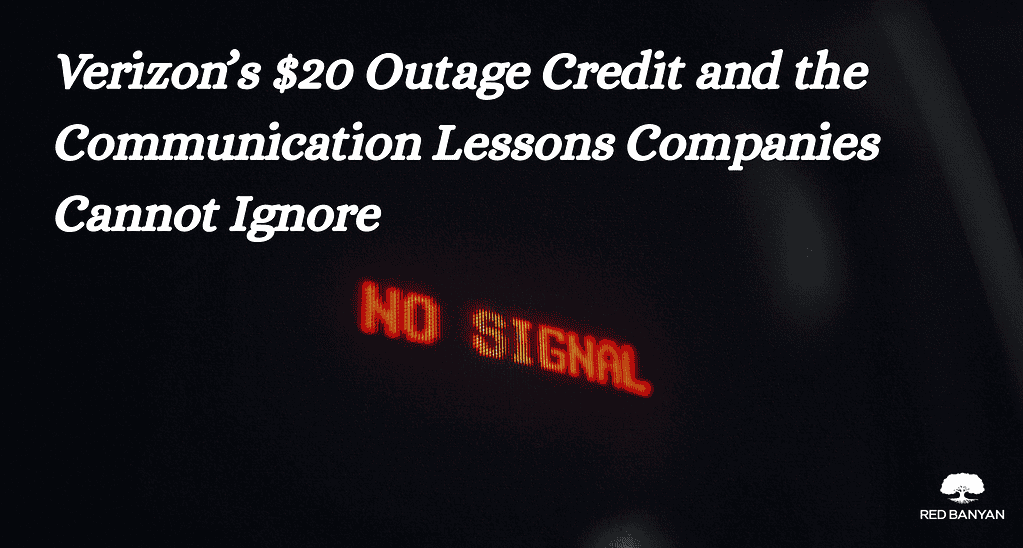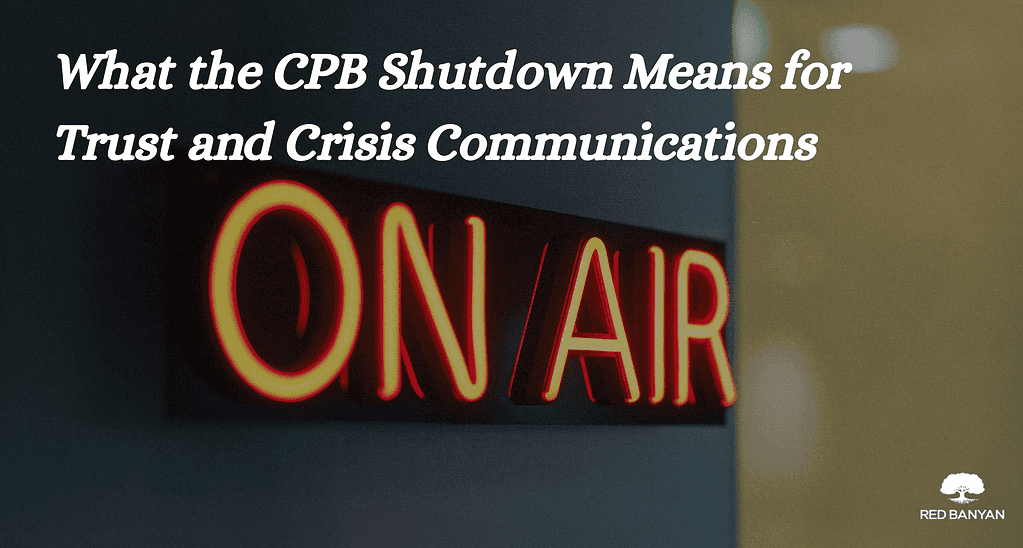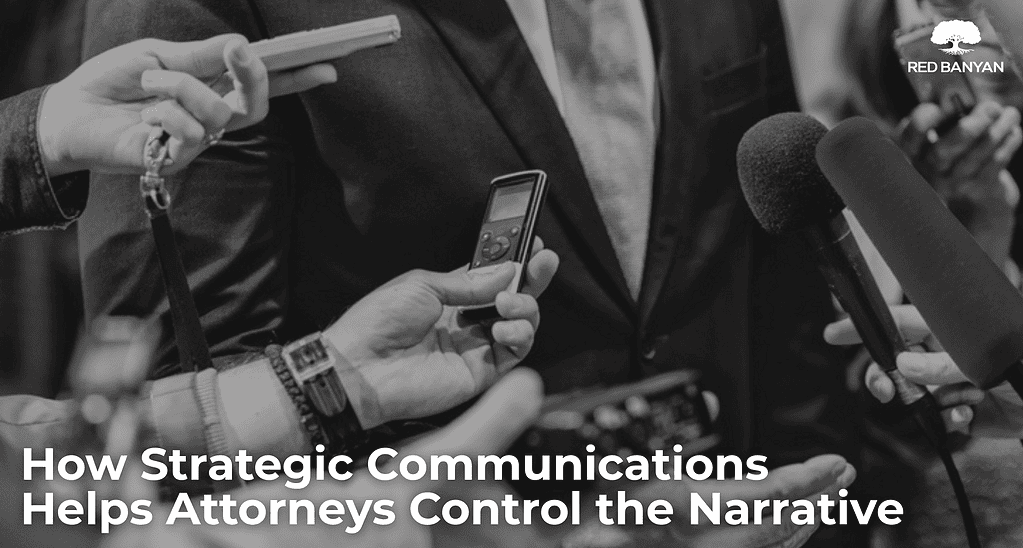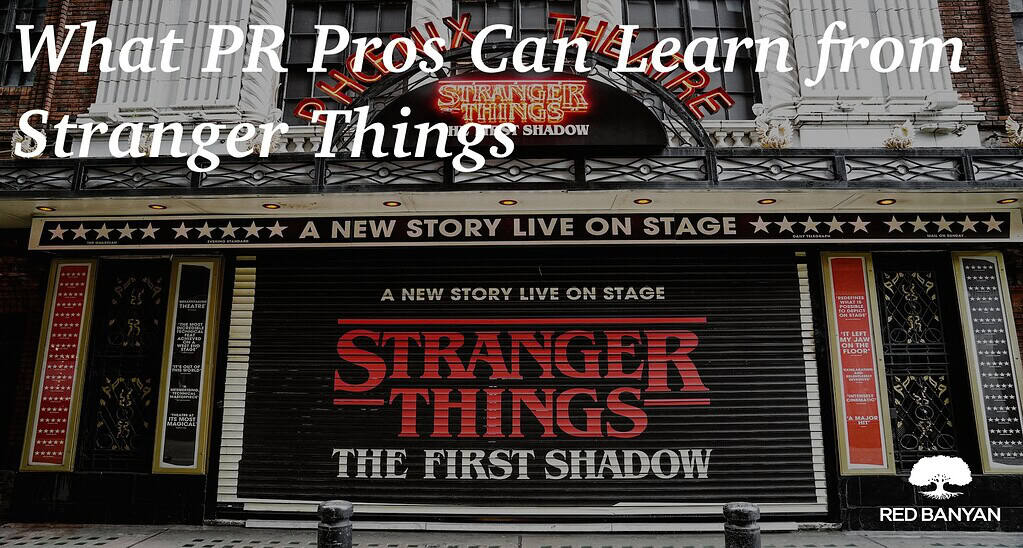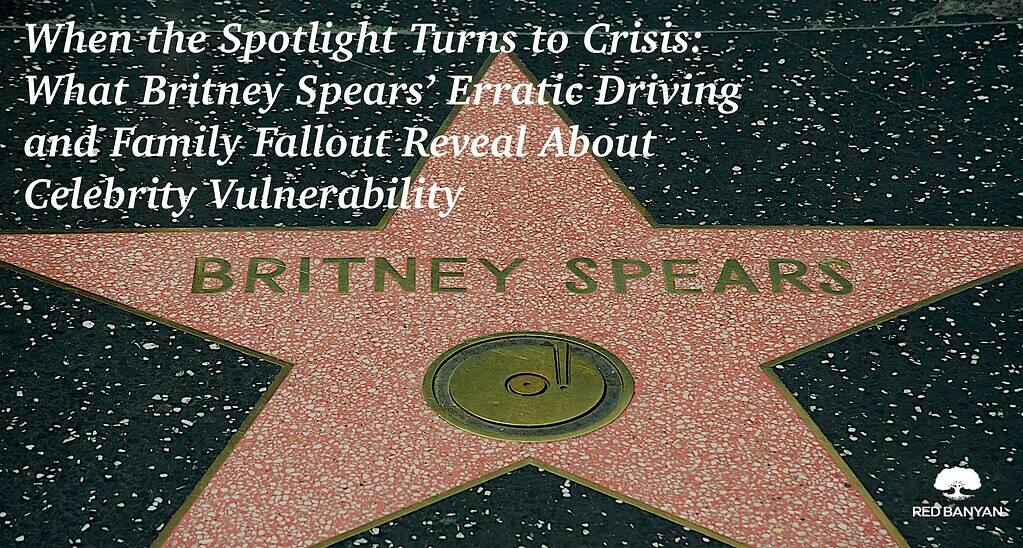France is in unprecedented political turmoil. On September 8, 2025, Prime Minister François Bayrou was crushed by a devastating 364-194 no-confidence vote, making him one of the shortest-serving PMs in French history. Just 24 hours later, President Macron appointed Sébastien Lecornu as France’s fifth prime minister in less than two years. This staggering rate of government turnover has left the nation reeling.
As nationwide protests erupt under the banner “Bloquons tout” (Block everything) and France’s borrowing costs surge past those of Spain, Portugal, and Greece, the situation reveals critical lessons about how governments can lose control of their story, and the catastrophic consequences of failed political messaging in an age where clarity, speed, and credibility can make or break governments overnight.
The Budget Battle that Broke the Government
Bayrou’s government crumbled after presenting a controversial plan to slash €44 billion from the 2026 budget. The proposal aimed to tackle France’s massive €3 trillion national debt and reduce annual deficits running above 5.8% of GDP, with warnings that debt servicing costs could explode past €100 billion by 2029.
The budget battle exposed deep fractures in French politics, but it also highlighted something more fundamental: the government’s struggle to explain why painful measures were necessary. While policy disagreements are inevitable in democracies, Bayrou’s team failed to build public understanding before dropping their bombshell proposal. The result? Immediate backlash over frozen welfare programs and scrapped public holidays, with opposition parties seizing the narrative.
A Nation in Crisis
The numbers tell the story of a nation in crisis:
- Five prime ministers since 2023: institutional instability at unprecedented levels
- Massive protests mobilizing: far-left groups coordinating strikes across hospitals, rail networks, and essential services
- Economic pressure mounting: French bond yields rising above troubled European neighbors
- International confidence shaking: global investors and allies watching with growing concern
This isn’t just another European political shuffle. France, a cornerstone of the EU and global democracy, is experiencing a breakdown in its ability to govern effectively.
When Governments Lose the Story
What makes France’s crisis particularly instructive is how quickly competing narratives filled the void left by unclear official communication. Opposition parties from both sides of the political aisle have successfully framed the government’s actions as either fiscal cruelty or institutional weakness.
The “Bloquons tout” movement has successfully branded itself as defenders of French workers against government austerity, while official responses remain mired in technical justifications about fiscal responsibility.
Meanwhile, the information vacuum has allowed conspiracy theories to flourish. Claims about First Lady Brigitte Macron, amplified by figures like American commentator Candace Owens, have resurged across social media. When official channels don’t communicate clearly and consistently, it allows uncontrolled narratives to seize public attention.
What Leaders Can Learn
The French government’s communication challenges offer stark lessons for any leader facing difficult decisions:
- Control the Narrative Early: Bayrou’s government announced painful cuts without first building public understanding of why they were necessary. The same mistake destroys corporate transformations. Leaders who spring major changes on stakeholders without preparation face predictable backlash.
- Simple Beats Complex: French officials relied on deficit statistics and economic projections while citizens focused on concrete impacts like frozen benefits. Business leaders making difficult announcements must translate complex reasoning into clear, relatable terms.
- Speed Matters: In today’s information environment, delayed explanations allow opponents to define your story. Whether it’s layoffs, strategic pivots, or policy changes, first impressions often become lasting impressions.
- Stakeholder Sequencing: Successful change management requires bringing key constituencies along before going public. The French government’s approach of announcing first and explaining later is a recipe for disaster in any context.
The Broader Warning
France’s political instability isn’t happening in isolation. Across democracies worldwide, governments are struggling to maintain public confidence while making difficult decisions in an era of social media, polarization, and instant global communication.
The lesson extends far beyond politics. Whether you’re running a government, a corporation, or any organization that depends on public support, the French crisis demonstrates a harsh reality: lose control of your narrative, and you risk losing everything else.
As Sébastien Lecornu takes office as France’s newest prime minister, he faces the same communication challenges that brought down his predecessors. How he handles them may determine not just his own political survival, but the stability of French democracy itself.
The world is watching France’s experiment in crisis communication. The early results should concern leaders everywhere.

